The best way to beat coronavirus is to keep your distance. Don’t meet up, don’t go out. So startups everywhere avoid the office, and keep the business going from home. But what if the office is your business model? We spoke with some startup-hubs, coworking spaces and other innovative breeding grounds in Amsterdam to find out how they were guiding startups through the storm, while also trying to keep their own business afloat.
COVID-19 and coworking in Amsterdam
With a lively startup-scene, no wonder Amsterdam is home to some excellent coworking spaces, tech-hubs and communities. These hubs have an important role in the ecosystem, beyond renting out office spaces. They are a place for founders and entrepreneurs to connect, expand their network, seek help and socialise with like minded people. But how does all of this work, when connecting, socialising and networking is suddenly replaced by social distancing and working from home?
Read more: These 7 coworking spaces are the mecca of startups in Amsterdam
As expected, working from home is the new co-working standard. For instance, Startup Village in Amsterdam Science Park shifted to working remotely, but keeps in touch with its members since they are ‘still a village’. ImpactHub Amsterdam is temporarily closed to the public and moved all its activities to their community platform. TNW Spaces (Formerly TQ) moved all its events online, and even keeps the cooking classes by their community-cook going via the web. At B.Amsterdam you can now rent COVID-proof private offices that offer a ‘safe and clean environment with limited physical contact’, while their restaurant asks for donations to cook meals for people in need. Meanwhile Marineterrein stays accessible as a public space, but the co-working community members temporarily work from home.
“First week after the social distancing guidelines were announced, a lot of people came over to pick up their office supplies,” says Lucas Hendricks. He is director of A Lab, a living lab that combines ‘the strength of Amsterdam’s creative scene, technological prowess, social networks and free thinking spirit’ into one coworking community. A Lab is situated in the very heart of Amsterdam. In the 5000m2 former Shell offices they currently house 300 people from 70 different small companies. Needless to say, the past couple of weeks have been pretty quiet. Hendricks is currently spending most of his time trying to find ways to help the entrepreneurs and young companies in his lab. “The past couple of weeks, I think the occupation has hovered around 10 percent. Mostly the founders kept coming, while their employees worked from home.”
‘Keeping the community alive’
A Lab prices itself to be more than a coworking space. It’s a curated community of innovators which serves as an ‘informal accelerator’, according to Hendricks: “We don’t offer the same deals that regular accelerators do, but we certainly coach and help these companies. There’s a strong dynamic in which people meet, connect and grow together.” And even though most people can’t meet face to face, Hendricks sees an added value of the community A Lab has created. “We know exactly who is in our network, so we started offering them specific help. By supporting individual members, we can keep the community alive.”
“We recognise that everyone is in a different situation. In some cases we could help by proactively offering deferral. We provide coaching in reducing costs, help applying for government aid and assist them in finding new income streams. Many entrepreneurs are scared. Some are like rabbits caught in the headlights, others manage to find a solution to the new situation. But the question some struggle with is: how much do they invest in those solutions? Do they have to find a temporary new business model until the crisis is over, or is this going to be something permanent?”
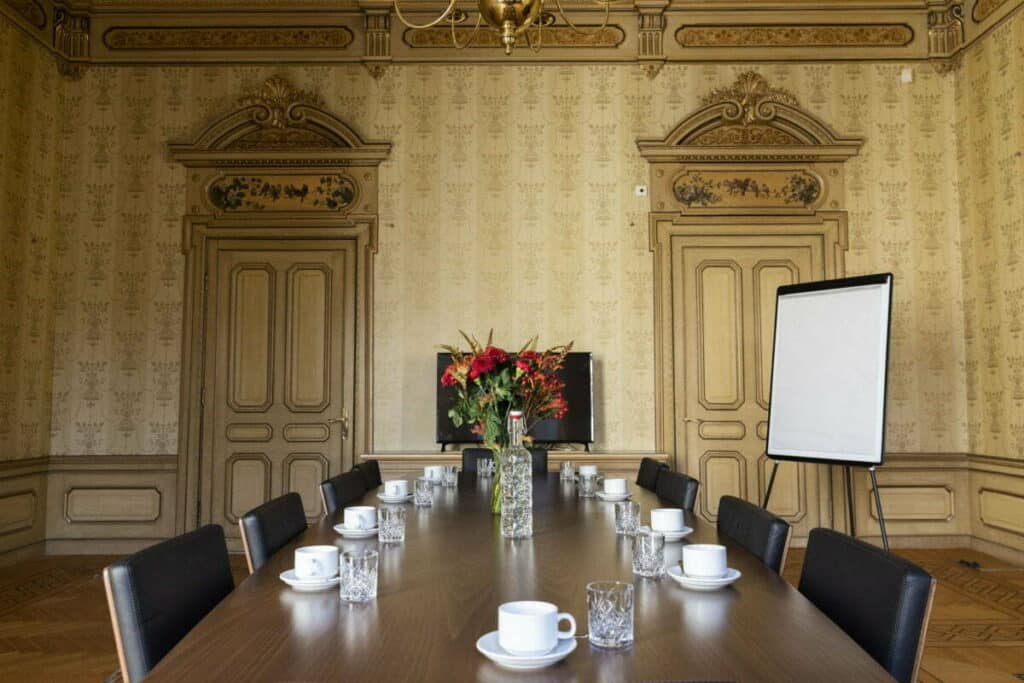
CollabNow as new initiative
Looking for a new business model is what the members of StartDock did. As soon as the crisis hit, they got together and started CollabNow. It’s an impromptu online marketplace on which every StartDock-member can offer their service, with a special discount. According to StartDock CEO and co-founder Thom Wernke, the initiative came from the members of their community: “We just brought our members together and coordinated the bi-weekly sprint session. But that is it, CollabNow is totally their own idea.”
With three different hubs, two in the center of Amsterdam and one in Rotterdam, it is a challenge for StartDock to keep the community together, says Wernke: “But we see a lot of entrepreneurs still connecting with each other. We also try to keep in touch with our renters. There’s video sessions, online drinks and Whatsapp and Slack-groups in which we share COVID-19 related knowledge.”
Stay up-to-date: Read all our COVID-19 coverage here
Wernke also sees a lot of his members are struggling in the current situation. “It depends on the sector, but I think around 70 or 80 percent is having a hard time right now. As StartDock, we can postpone half of the rent, to give them some breathing room.” And their newly founded platform offers opportunities. Collabnow is a way for StartDock members to make some extra money during the crisis. But Wernke says it has the potential to become more than that. “This week we made the first couple of sales. It’s beginning to roll, but we’re only just now starting to seek publicity. Right now it is important that it generates some extra income for our members. But it’s also a great way to build a community and for people to showcase their products or services.”
The future of coworking
Both A Lab and StartDock remain open, of course with strict distancing and hygiene rules in place. Working from home is still encouraged. And StartDock was more than happy to lend a hand. During the first week of the lock down they even offered the service of moving offices to homes. Wernke: “We just rented a van and dropped off peoples’ computers and desks at their homes if they wanted to.” For the near future, these hubs have to devise a new plan involving extra space around the workstations and strict rules regarding hygiene. A Lab has converted unused meeting rooms into ‘escape labs’, where people can work if the regular office is too busy to keep appropriate distance. StartDock is looking at different measures for the future. Wernke: “Stuff like taking temperatures upon entry or creating one-way walking routes. There’s no solid plan yet, but we’re working on it. ”
‘Important buffer in the ecosystem’
Martine Zoeteman is chair of the Dutch Creative Residency Network, a ten year old network that lets founders of creative hubs and startup communities connect and share knowledge. With members, including A Lab, all over The Netherlands, she has a clear view on the challenges these hubs are facing. During the good times, they can accelerate innovation. Right now, they can provide a cushion for startups that don’t have any reserves yet. Zoeteman: “By temporarily reducing the costs of rent and working something out with individual members, they form an important buffer in the ecosystem.”
The DCR Network serves as a bridge between the hubs and the government. As such, Zoeteman sent a letter to the Dutch ministry of economic affairs, to ask for a helping hand for communities all over The Netherlands. In the letter (pdf), which has been co-signed by more than sixty coworking spaces, tech hubs and creative breeding grounds, Zoeteman asks for an emergency fund for hubs. With many startups struggling, hubs have seen a decline in earnings of around 50 to 70 percent, says Zoeteman. “As long as the communities are okay, the hubs will also survive. But I can see a lot of hubs manage to keep their community alive or even expand it. So I’m cautiously optimistic. But if this situation persists, we might need to make a bit more noise. I’m not sure if the government acknowledges the important role of the hubs yet.”
This article is produced in a collaboration with StartupAmsterdam. Read more about our partnering opportunities.



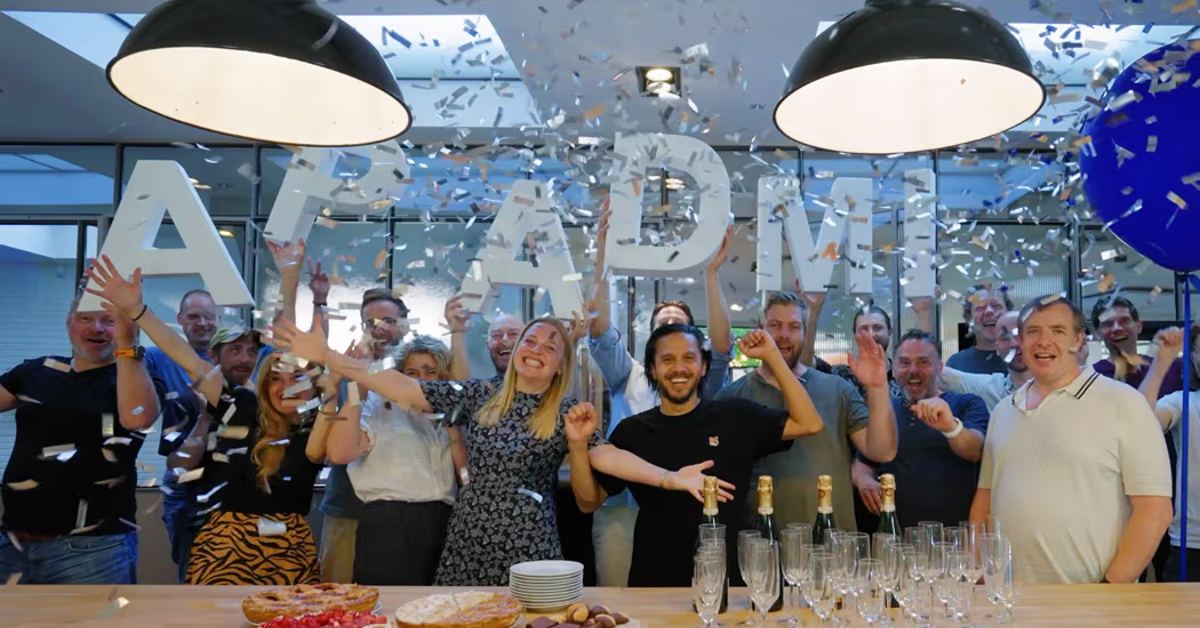
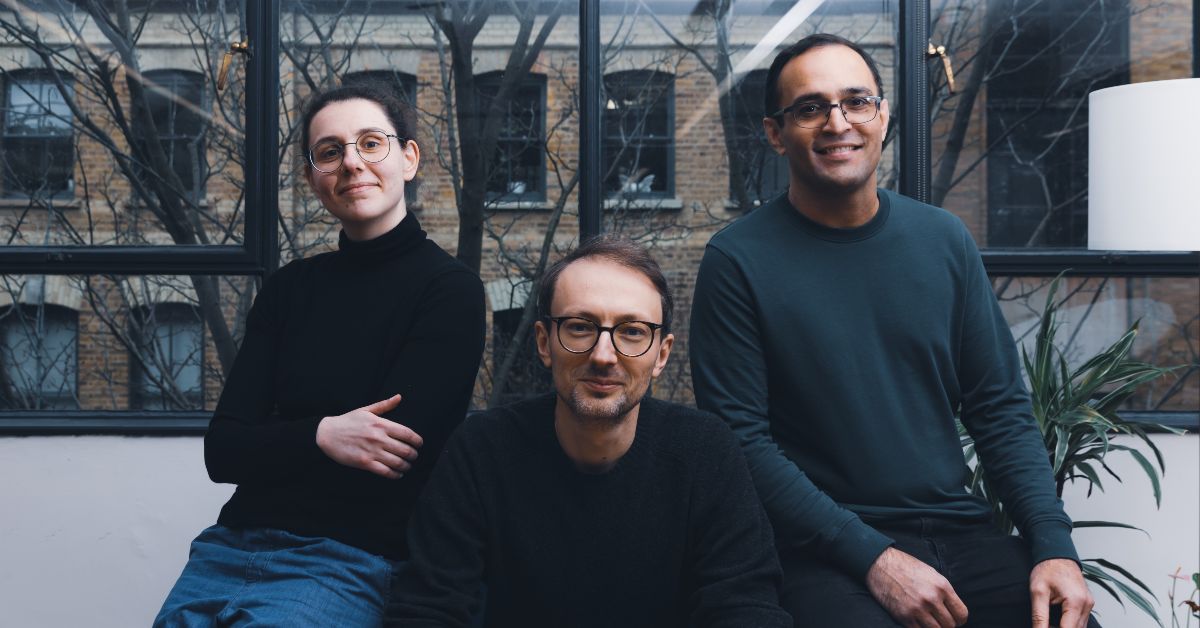
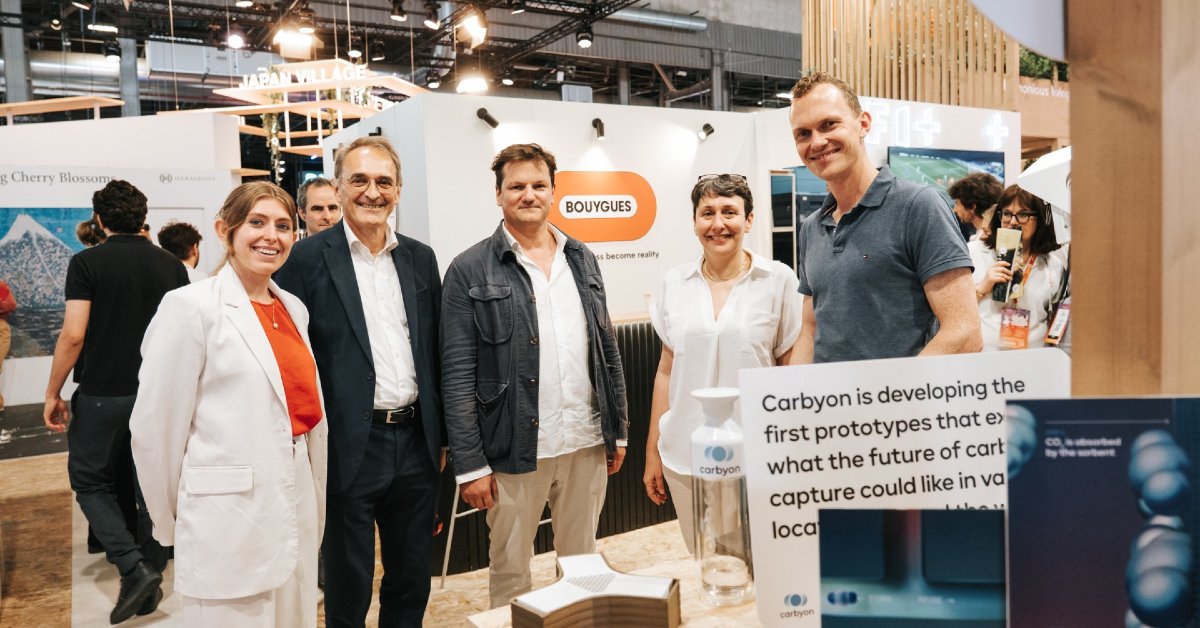
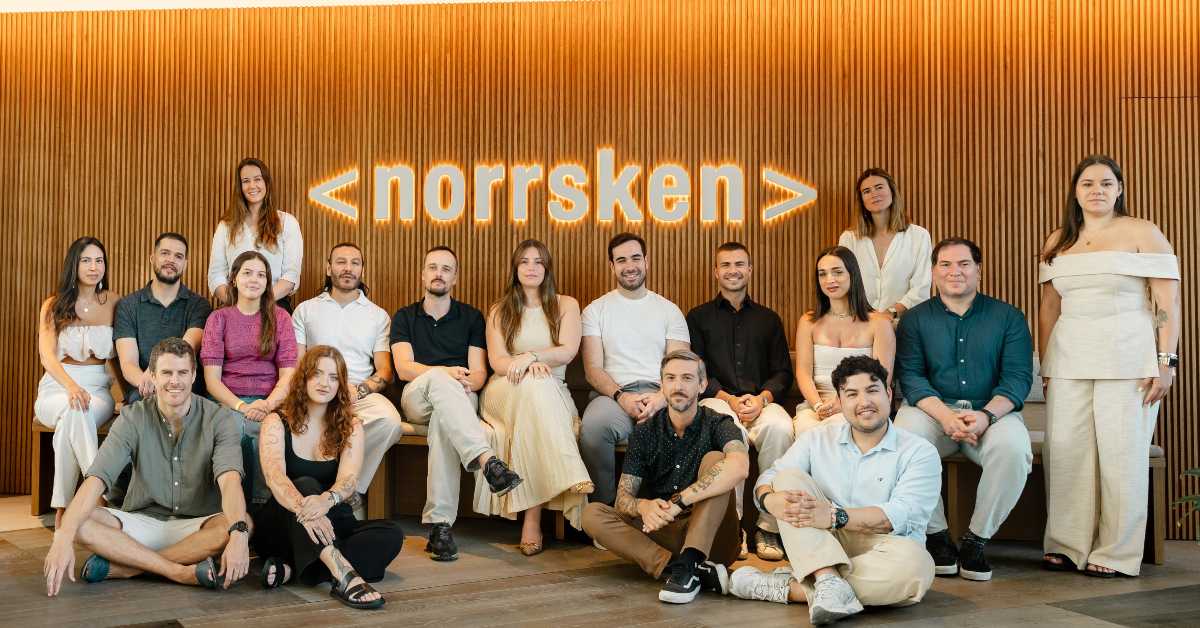
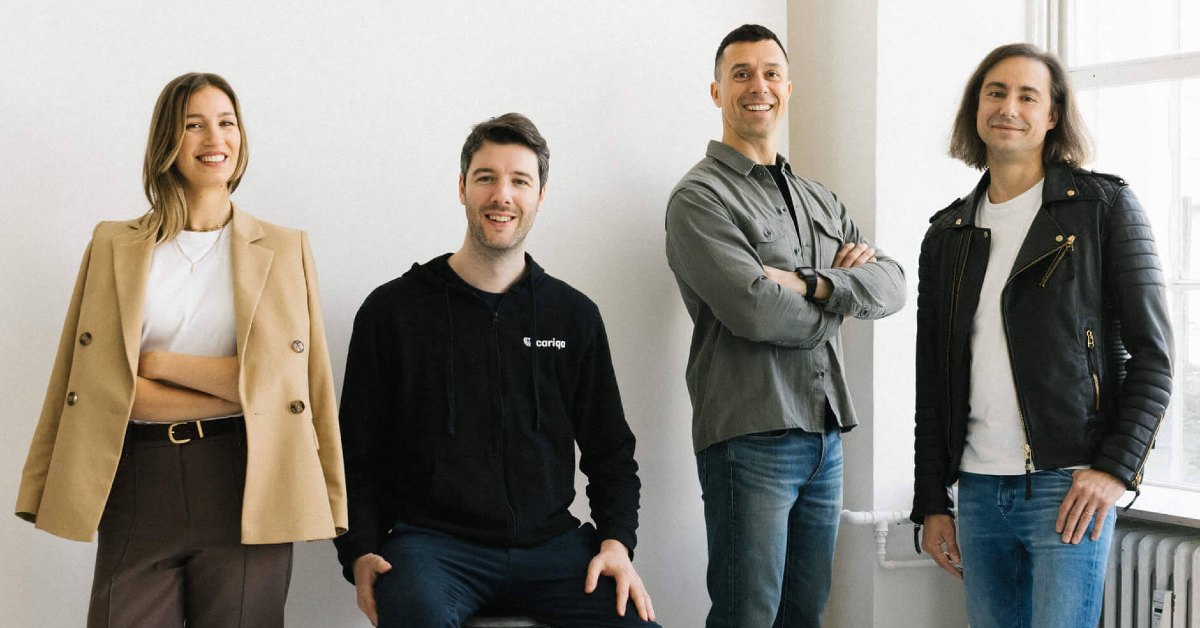


01
From telecom veteran to Dutch Startup Visa success: The Jignesh Dave story